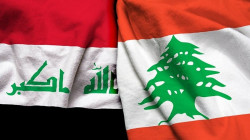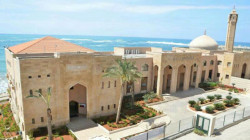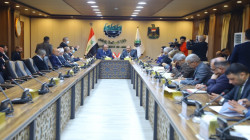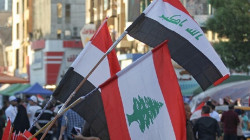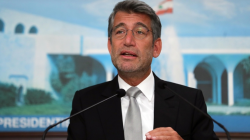Lebanon emulating Iraq's model.. How will a divided parliament chart the new political scene?
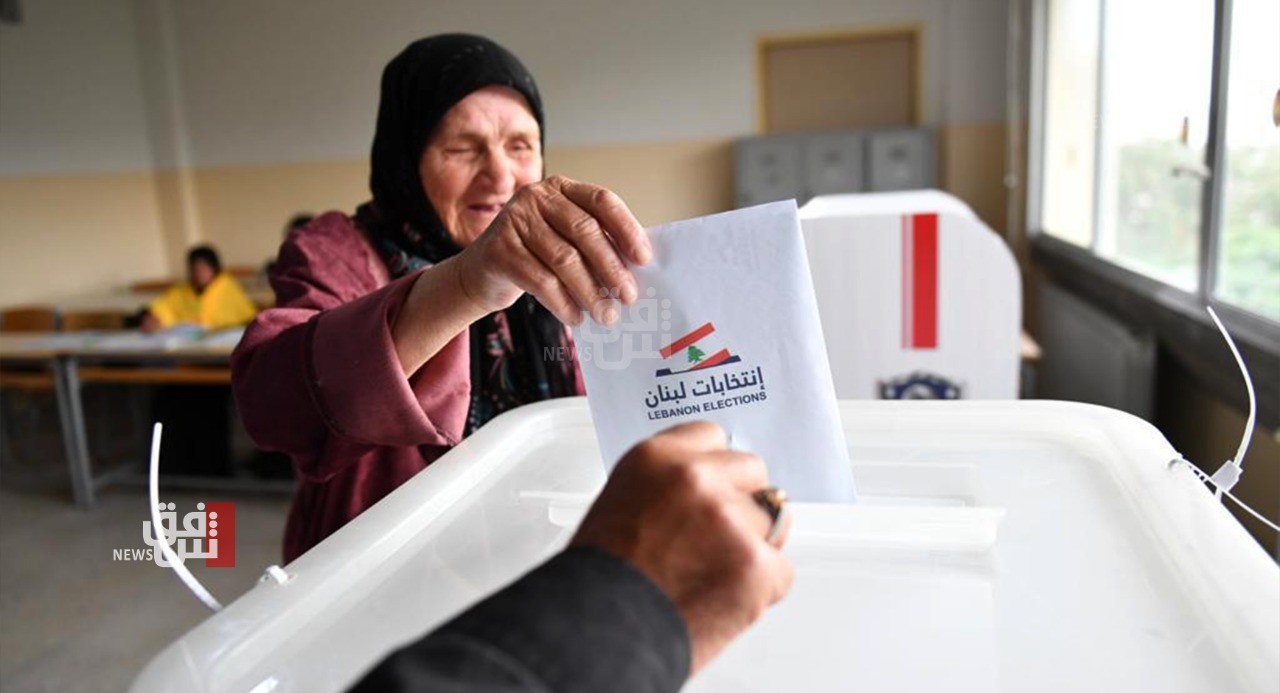
Shafaq News / Following Iraq's lead, the Lebanese ballot boxes shook the infrastructure of the country's three-decade-old political scene, breaking the semi-monopoly prevailing by the country's dominant traditional forces and parties, and leaving a room for a small group of "reformists" to engage the parliamentary life, without any force being able to impose full control or embrace a majority that enables it to lead the country in the next four years.
The Iraqi model..
Following last Sunday's elections, Lebanese could not help but think about the "Iraqi model", where political forces have been vying for the lead over the new government since October.
Many were taken aback by Sunday's elections for various reasons, including the same results and figures, the departure of prominent parties from the political scene, and the infiltration of submerged candidates into powerful traditional forces' strongholds. However, it appears that this did not result in a genuine coup in the balance of the Lebanese political game, which is governed by sectarian and religious elements, traditional political houses, and regional threads, raising fears that the country will enter a period of political paralysis, or passing time at best, in the coming months.
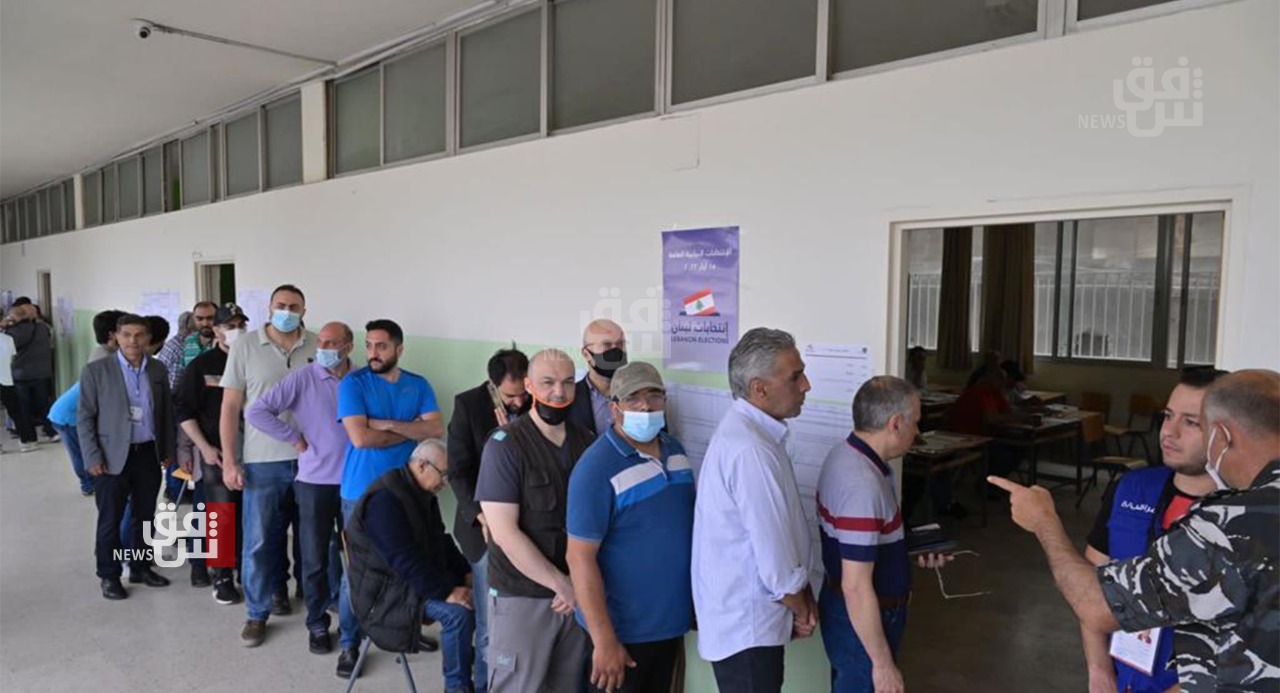
Protest elections..
For observers, the elections were the first real test for opposition groups and young figures who emerged during the 2019 protest movement, which coincided with a similar protest movement in Iraq calling for the political class to resign.
Just as those figures have made inroads into the Iraqi parliament, Lebanon has established a new and noticeable presence, with 12 seats in the 128-seat parliament, with some estimating them winning 15 seats.
This ratio, like in Iraq, is small. Its ability to bring about change in parliamentary and political work, as well as address the major crises that have afflicted the country, particularly in the last two years, ranging from corruption to the collapse of the Lebanese pound, debt accumulation, and the rise in poverty rates to more than 70%, will be severely limited.
Nine women were elected in a "jungle of men" in the new parliament, only three more than in the 2018 lineup, but still a shameful proportion in Lebanese life in which women generally play a key role in society.
The vote in the elections was 41.01%, a decrease of more than 8% from 2018 when it recorded 49.7%, a phenomenon similar to that of Iraq, where the voting rate in last October's elections stood at 43%, which is also a decrease from the 2018 elections when it registered 44%.
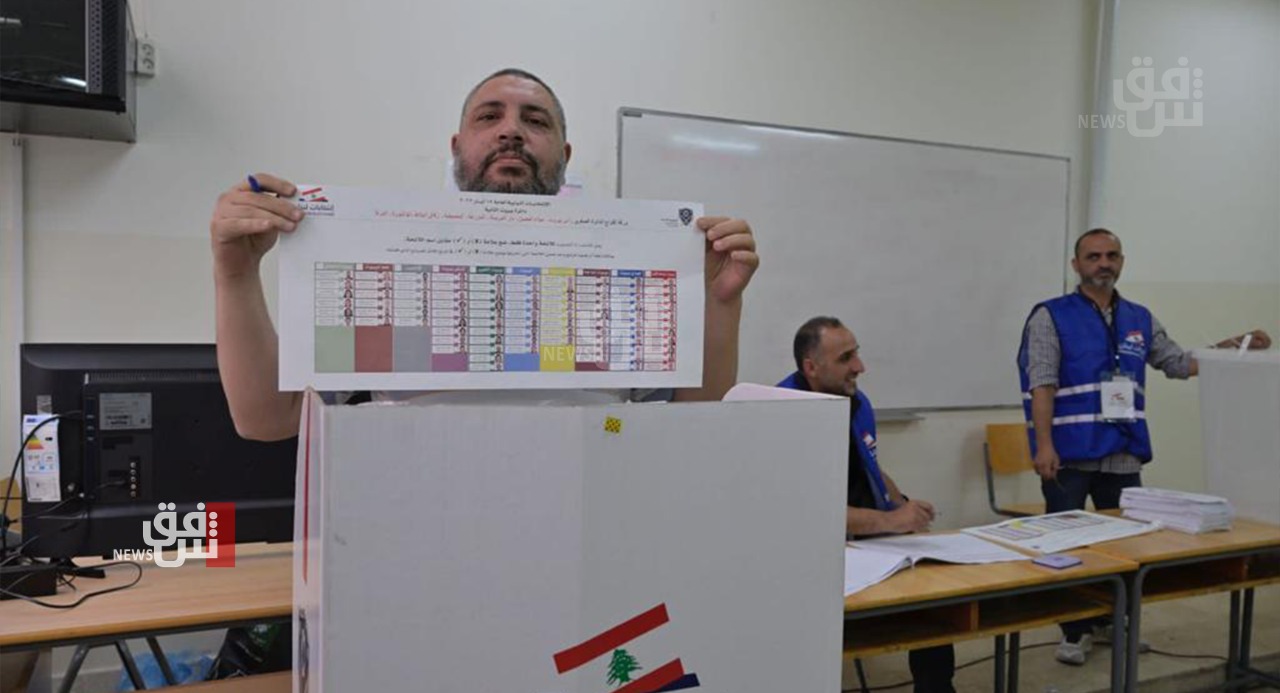
In any case, surprises continued until the official results were announced before Tuesday noon. For example, while Samir Geagea's Lebanese Forces party was ecstatic to announce that it had become the country's largest Christian party, it only won 20 seats (up from 14 in the 2018 elections), allowing it to monopolize neither the Christian arena nor the parliamentary game, nor the final say on who would be elected president in October.
As the votes were counted, the hasty Forces Party announcement was mocked on social media, particularly by its main opponent, the Free Patriotic Movement, which gradually gathered 21 seats with allies from the Armenian National Committee of Lebanon.
A cursory inspection of the election results revealed a clear "victory" for the Iran-backed Hezbollah's opponents; however, the figures show otherwise, and the overall picture of the new parliament will be divided.
A source close to Hezbollah revealed to Shafaq News agency that the largest percentage of votes in all of Lebanon was for the head of Hezbollah's Resistance Loyalty Bloc (which won 15 seats), MP Mohammed Raad, and that its ally, the Amal Movement, had won 15 seats.
Nevertheless, no parliamentary force has imposed its balanced control over the new parliament. As is customary in the Lebanese political life, the customs of the existing quota require a Maronite Christian to assume the presidency of the Republic, a Sunni Muslim to head the government, and a Shiite Muslim to head the parliament, while Muslims and Christians share 50-50 seats in parliament and key government positions.
Apparently, the Saudi ambassador to Beirut, Walid al-Bukhari, also fell victim to haste, tweeting a verse from the holy Quran that says, "Believers, if you aid Allah, He will come to your aid, and plant your feet firmly," once preliminary results that suggested the victory of the Lebanese Forces Party -close to Saudi Arabia- were issued.
Over the years, the Lebanese Forces party has developed strong ties with Saudi Arabia and has become a "spearhead" against Hezbollah, which is close to Iran. Saudi Arabia has been campaigning to remove the Future Movement leader from politics since he resigned following the October protests, and then abruptly announced his complete resignation from politics five months ago.
Saudi Arabia then led a campaign to persuade the Sunni component to vote, by making the Sunni Fatwa House urge people to vote, even though the Future Movement, a close ally of Saudi Arabia for the past two decades, has been absent from the elections per Hariri's decision.
"The elections are over, and Lebanon has reached a new crossroads," former Prime Minister Saad Hariri tweeted.
"The true triumph is the new blood coursing through the political life. Our decision to leave was correct. It shook the foundations of political imbalance, but it does not absolve us of our responsibilities. We will remain here, carrying Rafik Hariri's dream forward by opening our hearts and homes to the people. We pray to God to keep Lebanon safe."
In addition to backing the Lebanese Forces Party, observers told Shafaq News Agency that Saudi Arabia has also supported "rebels" against Hariri and the Future Movement, including a list formed by former Prime Minister Fouad Siniora to fight in Beirut, but was unable to win any seats, a slap in the face to Saudi efforts.
Sunni voters in various regions have been dispersed due to Saudi Arabia's stance, while Hariri's positions on boycotting the elections have varied according to their respective regions. According to a political activist in the western Bekaa region, many "Hariri votes" were won by Yasin Yasin, a Sunni candidate, under the guidance of Future Movement leaders, as punishment for candidate Mohamed Al-Qara'awi, who was traditionally backed by the Future Movement but "rebelled" against it and ran at Siniora's instigation.
Overall, it can be estimated that there is a division between two main fronts in parliament, including Hezbollah, the National Movement, the Amal Movement, the Marada Movement, and the Islamic Projects Movement and their "independent" allies such as Hassan Murad, Jamil al-Sayed, and Jihad Al-Samad, and a front that includes the Lebanese Forces Party, the Kata'ib Party and some "independents" or "reformers". At the same time, Walid Jumblatt's Socialist party, which participated in the election under the name of the Democratic Liqaa' Party (9 seats), maintains a fluid attitude that allows it to shift stances on different points of contention.
Sources told Shafaq News agency said that Lebanon would follow the Iraqi path, installing and delaying the formation of the new government, as tensions between the tripartite alliance and the forces of the Coordination Framework remain.
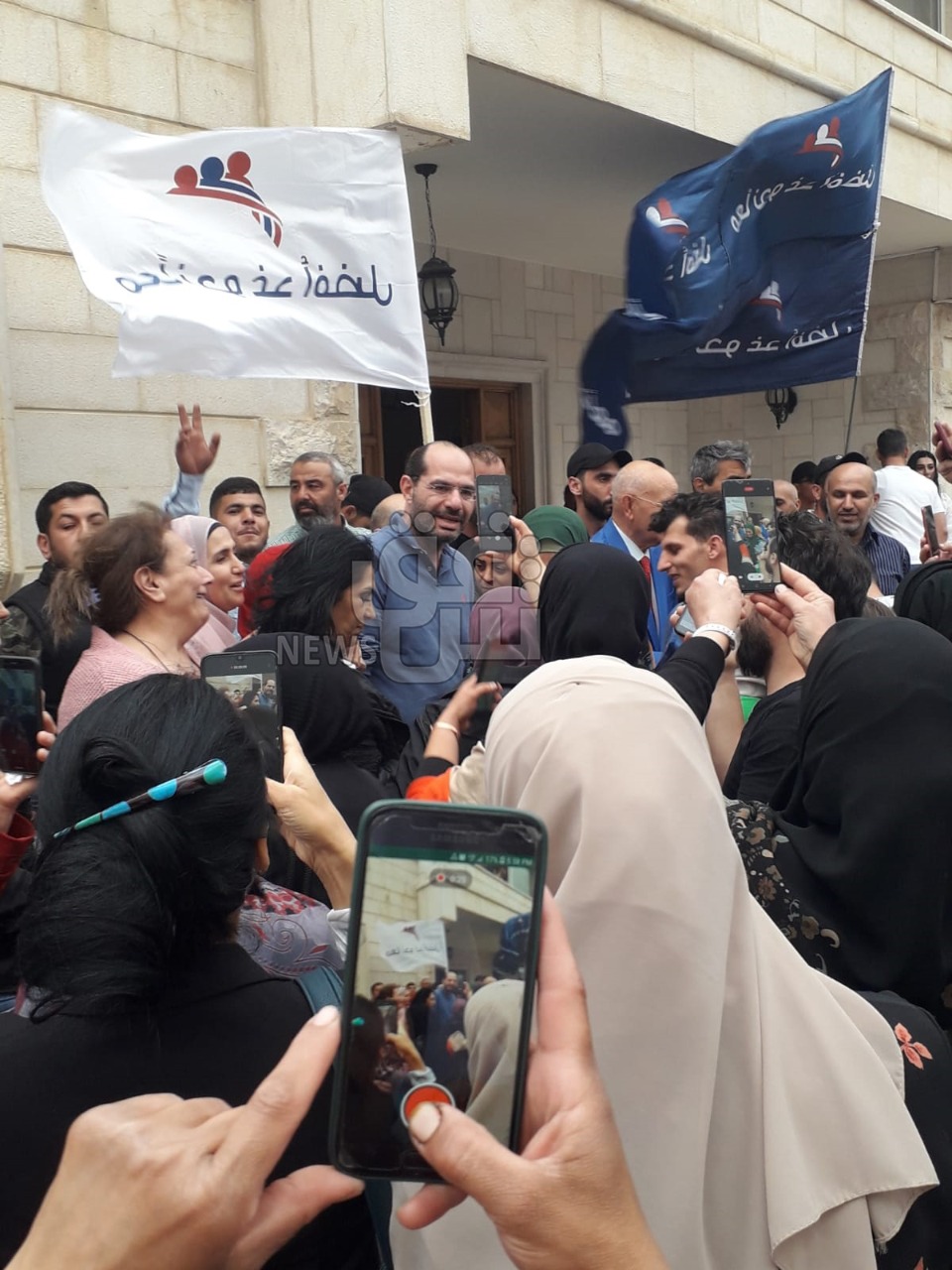
"There is no absolute majority in the new council (i.e., at least 65 deputies)," said political analyst Wasef Awada.
"Lebanon is indeed governed by consensual democracy due to its abhorrent sectarian system, and this majority has rarely used its influence in the formation of the executive branch. However, parliamentary understanding has often imposed itself on the dynamics of the legislature, either by imposition, disruption, or compromise. This dynamic will most likely be subjected to uncalculated shake-ups, due to the mosaic situation caused by this election."
In any case, the LADE Organization, which monitors the integrity of the elections, said the voting process was marred by irregularities, with the Interior Ministry registering "lax law enforcement as well as attacks on candidates, voters, and delegates."
According to a source at an electoral center, vote purchases were taking place in various constituencies, mocking the irony that "independent" MP Nema Avram won the election even though a manager in his campaign was arrested on the eve of the election on suspicion of involvement in vote purchases.
In a similar context, the French newspaper Le Figaro reported on the public purchase of votes. In the Kesrawan region, the price of one vote reached 800 US dollars. The newspaper noted that this phenomenon results from a culture that is entrenched in the country, not just because of the economic crisis.
According to the French newspaper, the electoral law facilitates such practices, setting a high ceiling on electoral spending of up to 326,000 dollars in a country suffering from an all-out economic collapse.

